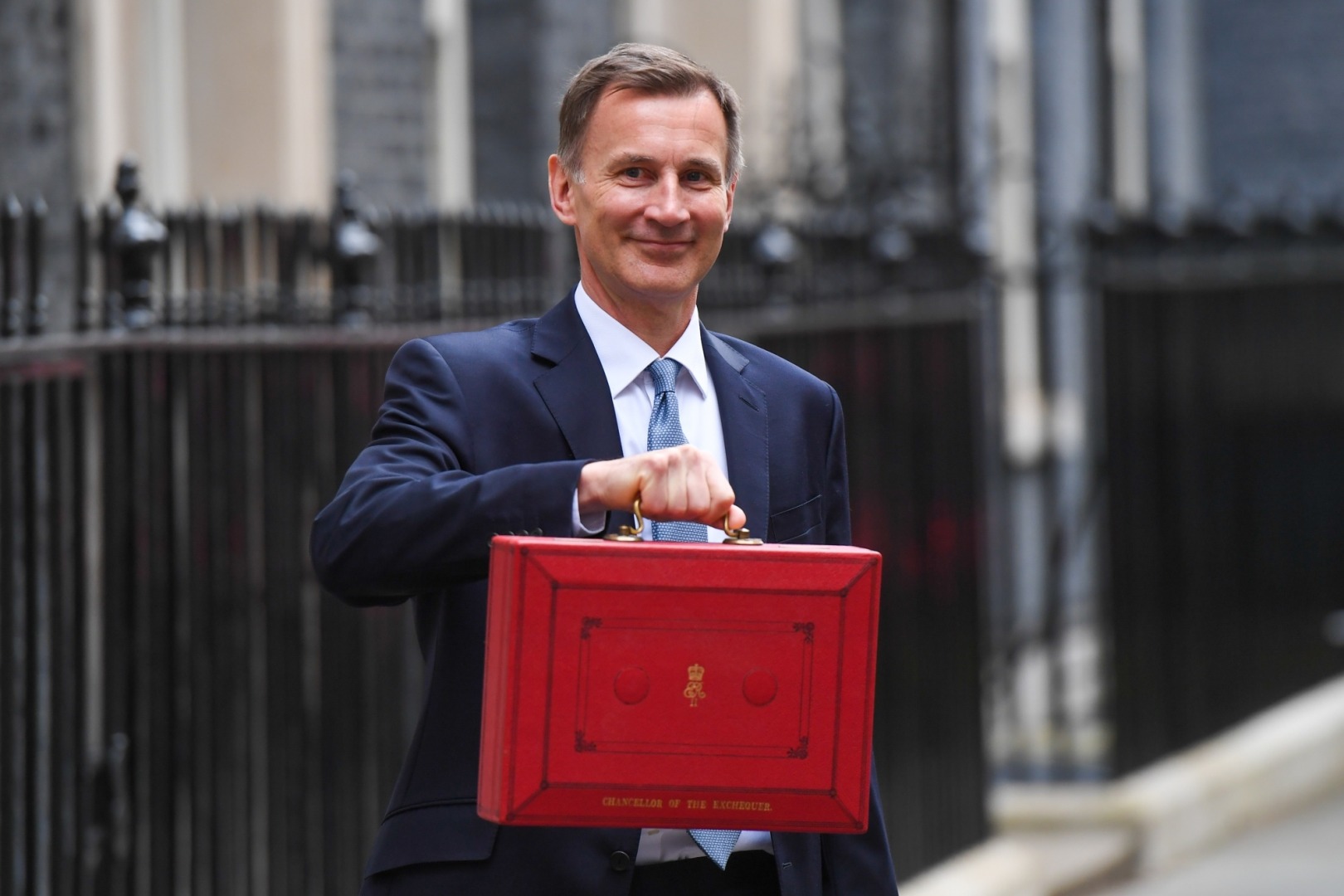Comments
- No comments found

A recent announcement regarding National Insurance (NI) payments in the UK has stirred both optimism and concern among workers.
This comes as a reduction in NI rates coincides with frozen income tax thresholds, resulting in varied financial impacts.
Effective Saturday, 27 million UK employees will witness a decrease in their NI payments, transitioning from a 10% to an 8% rate, marking the second such cut this year. This adjustment translates to approximately £450 in savings annually for an employee earning an average salary of £35,000. However, the benefits of this reduction are tempered by the freeze in income tax thresholds until 2028, leading to an unexpected uptick in income tax for many individuals.
While several benefits and the state pension are set to increase in line with inflation, the overall financial landscape remains complex and nuanced, influenced by factors such as employment status, income level, and personal circumstances. The disparity in financial impact is evident, with some individuals welcoming the NI cut as a significant relief, while others remain apprehensive about the broader implications.
Part-time teacher Beth Langton-Clarke exemplifies one of the beneficiaries of the NI cut, expressing relief at the prospect of additional financial flexibility. With an estimated £800 annual improvement in family finances, Langton-Clarke envisions allocating the surplus towards enhancing their quality of life, including potential family holidays. However, she acknowledges the strain imposed by rising living costs and previous budget constraints, underscoring the importance of prudent financial management amidst economic uncertainties.
Conversely, the freeze on income tax thresholds presents challenges for taxpayers, contributing to what experts term as "fiscal drag." This phenomenon, exacerbated by the sustained freeze in income tax thresholds since 2021, results in more individuals being subjected to income tax and higher tax rates. Consequently, the overall financial gain from the NI cut is partially offset by the adverse effects of frozen tax thresholds, according to analysis by the Institute for Fiscal Studies (IFS).
The repercussions of these tax changes extend beyond individual taxpayers, with varying impacts observed across different income brackets. While average earners benefit from the NI cut, high-income earners experience a net increase in taxes due to changes in tax policy. Additionally, minimum wage workers face heightened tax burdens, with fiscal drag compelling individuals to pay tax on larger portions of their earnings.
Moreover, the evolving tax landscape has implications for pensioners, with an estimated 1.6 million individuals expected to be affected by income tax obligations by 2027-28. Despite pensioners being excluded from the NI reduction, the freeze on income tax thresholds translates to increased tax liabilities for a significant portion of this demographic.
The tax changes also underscore regional variations, with Scotland implementing distinct tax bands from the rest of the UK. While benefits such as universal credit witness modest increases in line with inflation, the broader fiscal implications of these adjustments remain subject to ongoing debate and scrutiny.
In summary, the recent adjustments to NI payments and income tax thresholds signal a nuanced financial landscape for UK taxpayers, characterized by a complex interplay of benefits and drawbacks. As policymakers navigate these challenges, ensuring equitable outcomes and addressing the diverse needs of taxpayers across income brackets remains paramount.
Leave your comments
Post comment as a guest